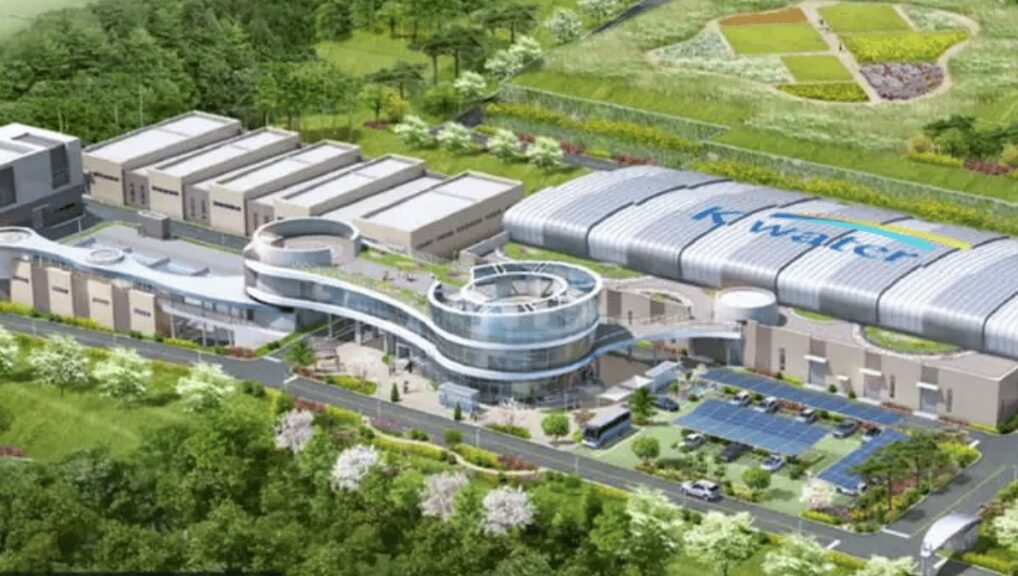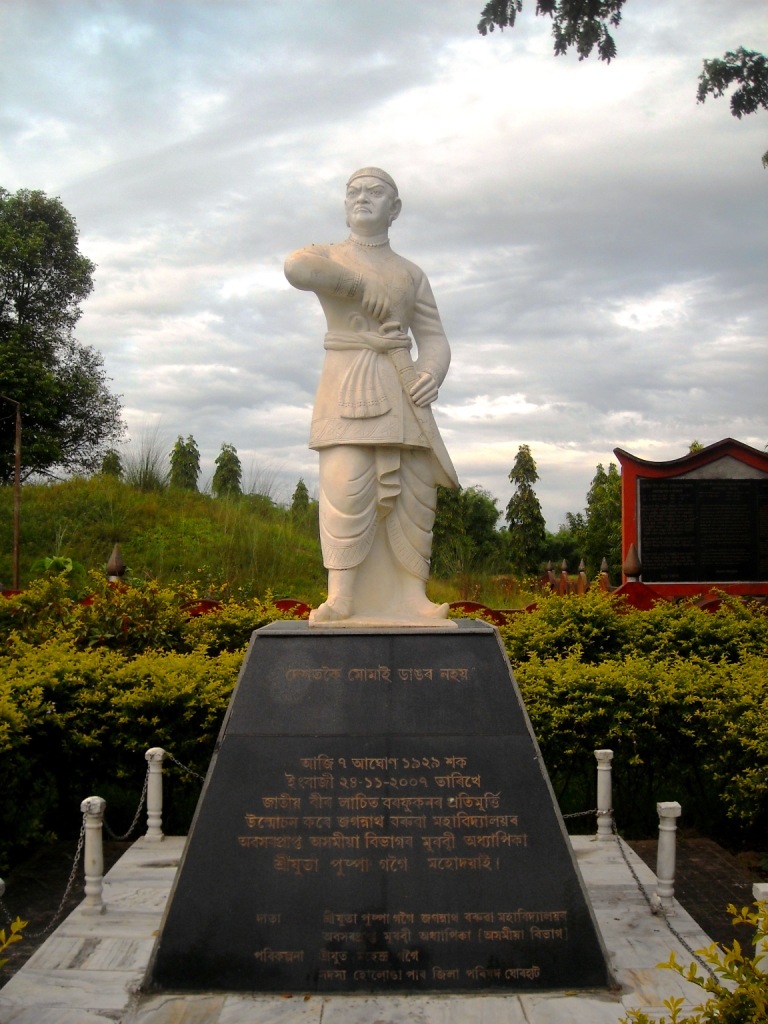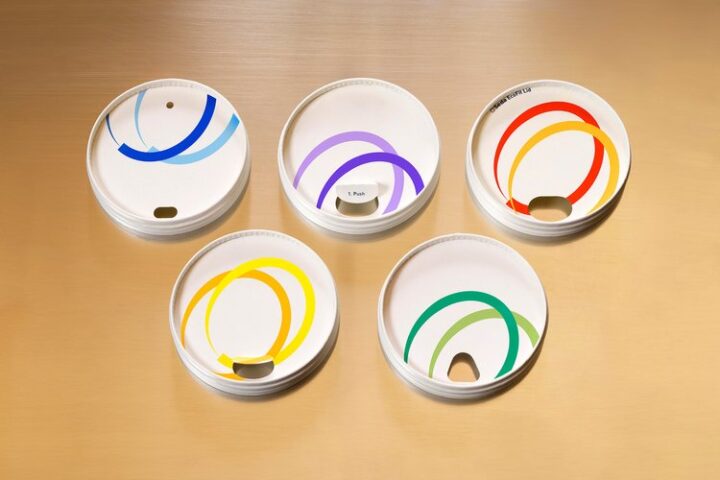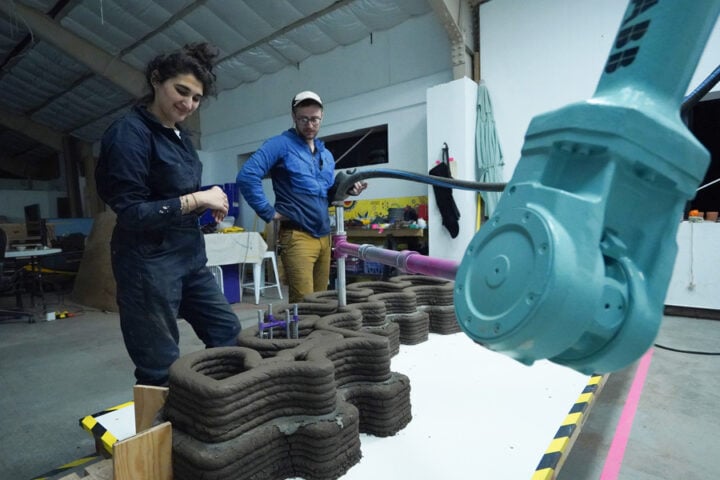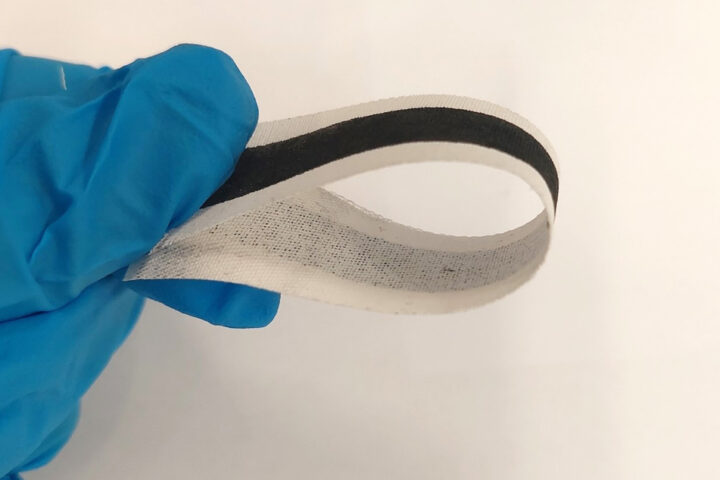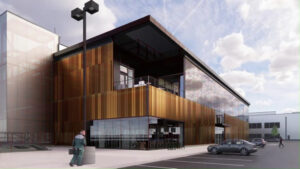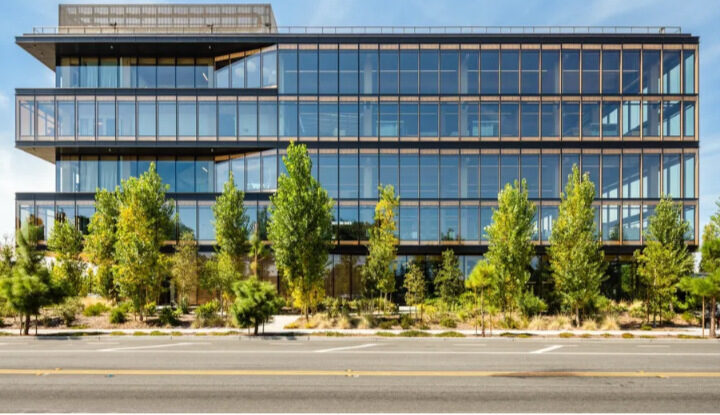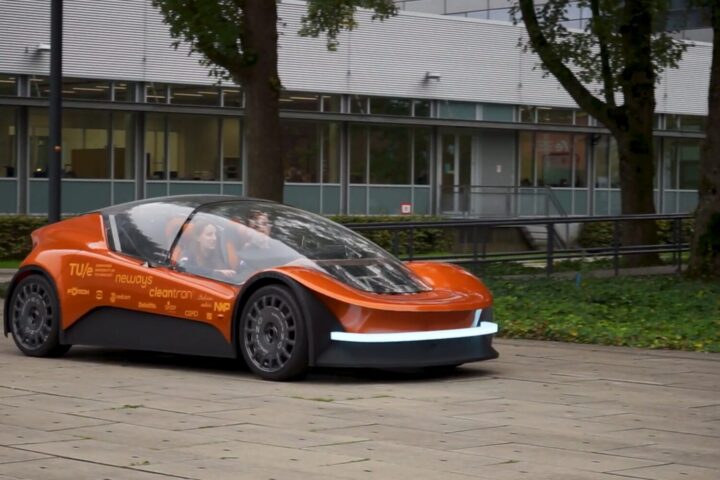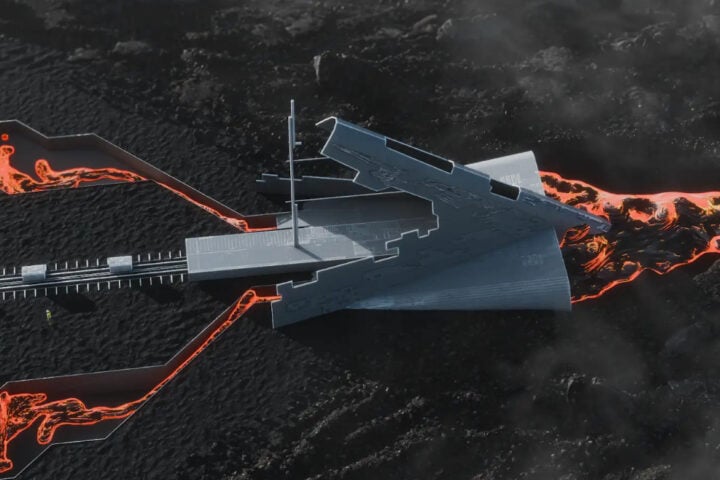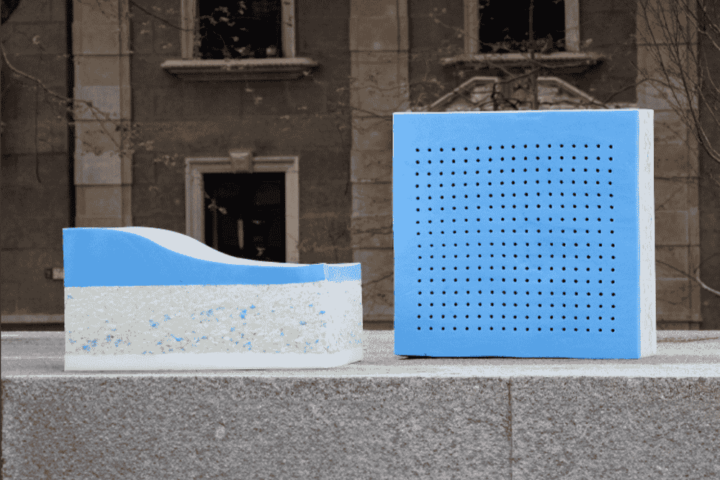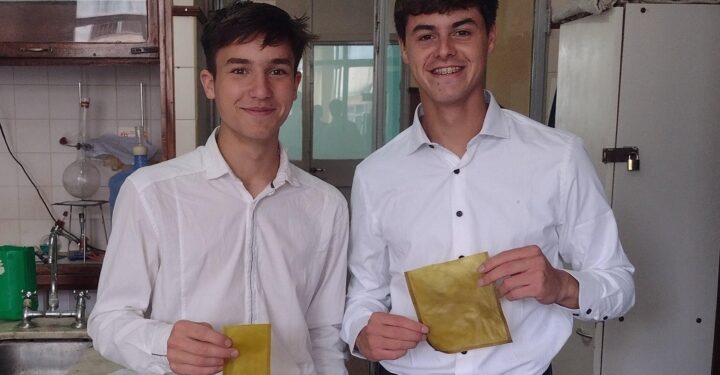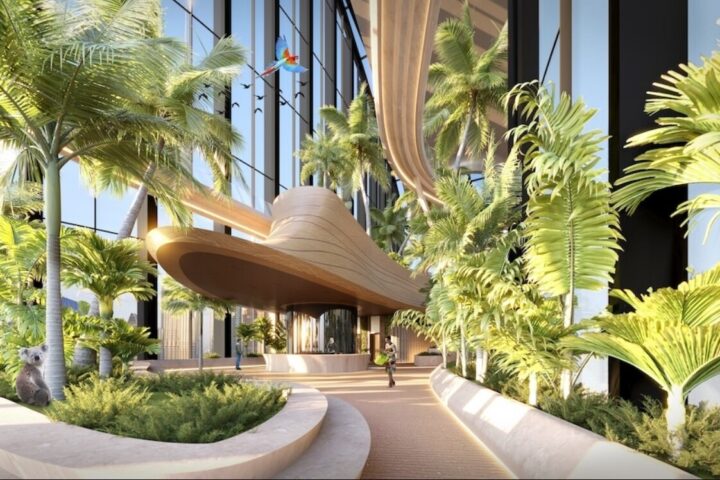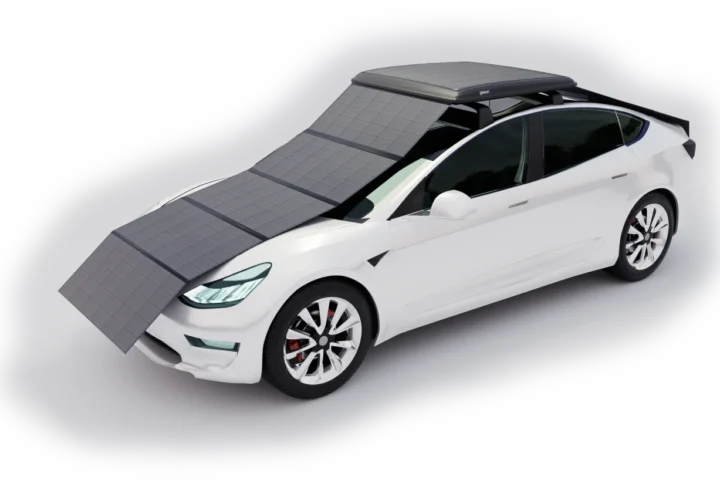Capture6, K-water, and BKT have joined together to set up a state-of-the-art plant in South Korea. This program, which was formalized by a Memorandum of Understanding (MOU), aims to address major environmental issues by utilizing cutting-edge technology and tactical cooperation. This initiative’s planned facility, which includes Capture6’s Project Octopus, is its central component. This project is remarkable as it is the first completely integrated water management and CO2 removal facility in the world that uses a seawater desalination plant. Project Octopus is a two-phase project that will create a large-scale commercial facility that can remove up to 500,000 tonnes of CO2 per year, making it the largest DAC, CCS, and water recovery complex in Asia.

K-water, the main public water resources management body in South Korea, is building the largest desalination plant next to the Daesan Industrial Complex. This area, which is essential for a significant amount of the nation’s petrochemical output, is severely water-scarce due to droughts and dependent on outside water supplies. This facility’s close proximity to industrial plants, which generate about 17 million tons of CO2 equivalent year, creates an ideal environment for applying Capture6’s DAC and CCS technologies, which are essential to the area’s decarbonization initiatives.
Capture6’s technology is unique as it uses saltwater in an inventive way to produce a solvent for carbon removal. This technique increases the freshwater output of treatment facilities while also facilitating the removal of CO2 in an efficient manner.
Similar Posts
One important advantage of this technique is that it lessens the environmental effects of brine dumping into the ocean, which is a big concern in South Korea. Additionally, the process yields environmentally friendly compounds like calcium carbonates and hydrochloric acid, which are essential to many industries, including steelmaking. Through this facility, these chemicals—which were previously imported into South Korea and derived from fossil fuels—will now be sourced locally and sustainably, in line with the country’s objective of having net-zero emissions by 2050.

BKT, a key collaborator, contributes its water treatment expertise to this venture. BKT, a South Korean company founded in 1995, has become a market leader in the water treatment sector by offering a variety of solutions, such as membrane filtration technologies and biological wastewater treatment.
This three-way partnership reflects the movement towards environmentally friendly practices around the world and emphasizes how important it is for the public and commercial sectors to work together to develop innovative solutions for resource management and climate change. Not only is this project crucial for the sustainable future of the region, but it also acts as a model for similar global projects.
